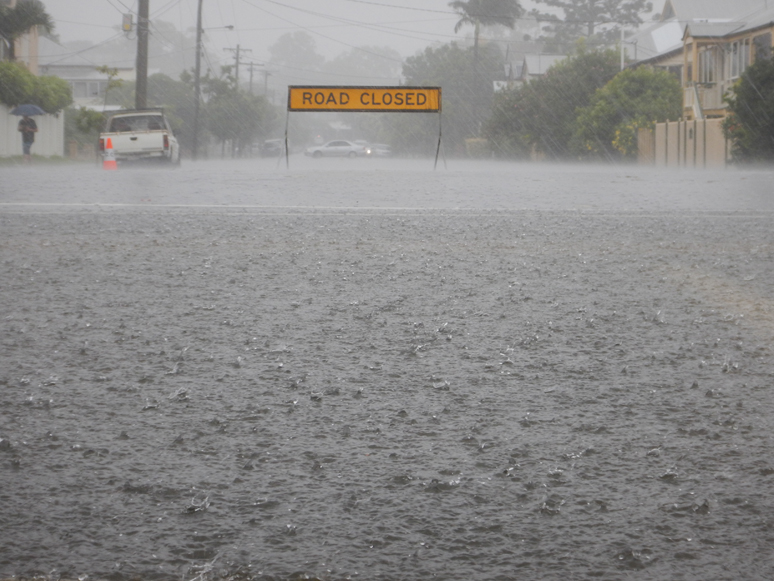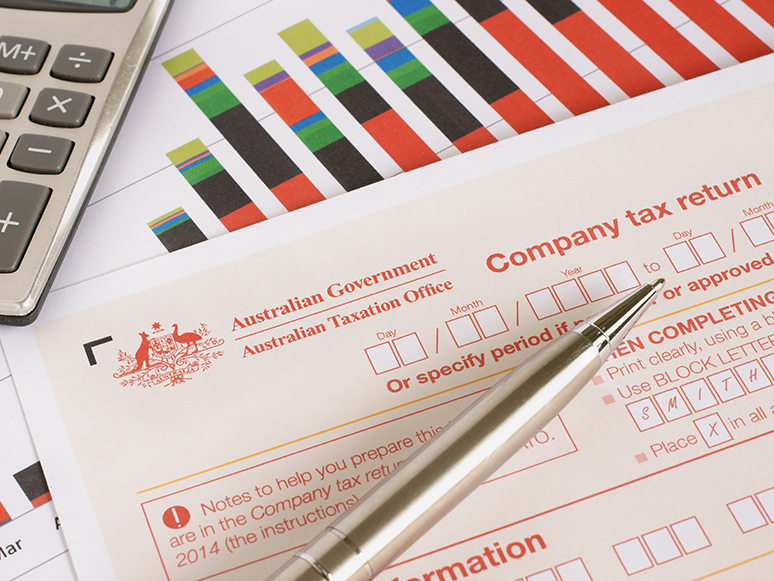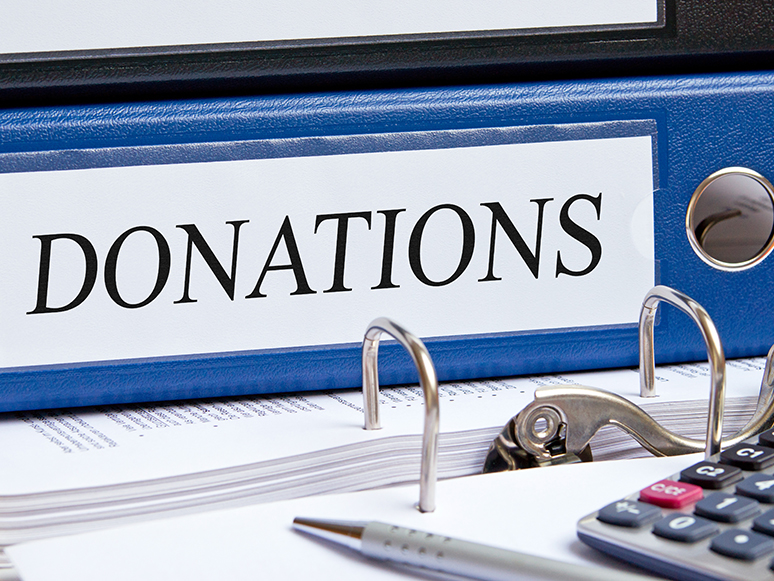logo


24th Aug, 2021

The ATO has a range of year-end tax time options to support taxpayers who have been affected by the COVID-19 pandemic and recent natural disasters.
Income statements can be accessed in ATO online services through myGov accounts from 14 July.
The ATO also reminds those who may have lost, damaged or destroyed tax records due to natural disasters that some records can be accessed through their myGov account or their registered tax agent. For lost receipts, the ATO can accept “reasonable claims without evidence, so long as it’s not reasonably possible to access the original documents”. A justification may be required on how a claim is calculated.
Payments received as an employee will be automatically included in the employee’s income statement as either salary and wages or as an allowance. However, sole traders who received JobKeeper payment on behalf of their business will need to include the payment as assessable income for the business.
Payments received will be automatically included in the tax return at the Government Payments and Allowances question from 14 July.
Employees receiving one-off or regular payments from their employer after being temporarily stood down due to COVID-19 should expect to see those payments automatically included in their income statement as part of their tax return.
The Australian Government (through Services Australia) COVID-19 Disaster Payment for people affected by restrictions is taxable. Taxpayers are advised to ensure they include this income when lodging their returns.
The tax treatment of assistance payments can vary; the ATO website outlines how a range of disaster payments impact tax returns and includes guidance on COVID-19 payments, including the taxable pandemic leave disaster payment.
Early access to superannuation under the special arrangements due to COVID-19 is tax free and does not need to be declared in tax returns.
24th Aug, 2021

If your business is experiencing financial difficulties due to the latest lockdowns, the ATO may be able to help by processing your tax return faster and expediting the release of any refund to you. To be eligible for priority processing, you’ll need to apply to the ATO and provide supporting documents (within four weeks of your submission) outlining your circumstances. “Financial difficulty” may include many situations such as disconnection of an essential service, pending legal action or repossession of a business vehicle.
You can apply for ATO priority processing over the phone or through your tax professional after the lodgment of the tax return in question. Once the initial request for priority processing is received, you’ll be notified and contacted if more information is required. Processing will take more time for businesses that have lodged several years’ worth of income tax returns of amendments at the same time, and those that have unresolved tax debts.
Before lodging any priority processing request, check the progress of your return through online services, over the phone or by contacting us as your tax professional. If the return is in the final stages of processing, you may not need to lodge a priority processing request – the return will be finalised before the ATO has an opportunity to consider the request.
24th Aug, 2021

Have you made donations either through workplace giving or salary sacrifice arrangements with your employer? If so, and you want to claim a deduction in your tax return, it’s important to know that the tax treatment differs depending on which method you used to make the donation.
Essentially, workplace giving is a streamlined way for employees to regularly donate to charities and deductible gift recipients (DGRs). Usually a fixed portion of your salary is deducted from your pay each pay cycle and your employer forwards the donation on to the DGR. However, the amount of your gross salary remains the same and, depending on your employer’s payroll systems, the amount of tax you pay each pay period may or may not be reduced to take into account the donation.
On the other hand, under a typical salary sacrificing donation arrangement, you agree to have a portion of your salary donated to a DGR in return for your employer providing you with benefits of a similar value. Your gross salary is reduced by the salary sacrificed amount and the amount of tax you pay each pay period will be reduced. Your employer makes the donation to the DGR.
If you’ve made a donation under workplace giving, you can claim a deduction in your tax return. This is regardless of whether or not your employer reduced the amount of tax you paid each pay cycle to account for the amount of the donation. Your employer will give you a letter or email stating the total amount donated to DGRs, and the financial year in which the donations were made. Alternatively, your employer will provide the total amount of donations you made for the year in your tax time payment summary, under the “Workplace giving” section.
If you’ve made a donation to a DGR under a salary sacrifice arrangement, however, you’re not entitled to claim a deduction in your tax return, since it’s your employer that is making the donation to the DGR – not you.
If you make donations outside the workplace, remember that for a donation to be deductible it must be made to a DGR and truly be a gift or donation of $2 or more. You can still claim a deduction if you receive a token item in recognition of your donation (eg a lapel pin, wristband or sticker).
24th Aug, 2021

From 1 July 2021, the rate of super guarantee increased from 9.5% to 10%. Businesses using manual payroll processes should be careful that this change doesn’t lead to unintended underpayment of super, which may attract penalties.
The new rate of 10% is the minimum percentage now required by law, but employers may pay super at a higher rate under an award or agreement.
Most payroll and accounting systems will have incorporated the increase in their super rate, but it’s always good to check. If your business is still using a manual process to pay your employees, you’ll need to work out how much super to pay under the new rate.
This latest increase to 10% is by no means the last time the super guarantee rate will change over the next few years. From 1 July 2022 to 30 June 2023 (ie next financial year) the rate will increase to 10.5%, followed by another 0.5% point increase to 11% in the 2023–2024 financial year. So, employers will need to be on their toes to make sure the right amount of super guarantee is paid for the next few years.
24th Aug, 2021

If your business or employment income has been affected by recent COVID-19 related lockdowns in New South Wales, Victoria and South Australia, financial help is available from both the state and Federal governments. Depending on the length of the lockdown, businesses may be eligible to receive a co-funded small and medium business support payment, as well as various cash grants.
For small and medium businesses, depending on the length of the lockdown, the Federal government will fund up to 50% small and medium business support payments to be administered by the states.
Non-employing businesses (eg sole traders) will also be eligible.
The Federal government will also seek to make various state business grants tax exempt and provide support for taxpayers through the ATO with reduced payment plans, waiving interest charges on late payments and varying instalments on request.
For individuals, the COVID-19 Disaster Payment will be available in any state or territory where a lockdown has been imposed under a state public health order.
Eligible businesses will be able to claim state government grants under the business grants program. Smaller and micro businesses that experience a specified decline will be eligible for a payment per fortnight of restrictions.
Payroll tax waivers will be available for certain businesses, as well as payroll tax deferrals and interest free payment plans.
Commercial, retail and residential landlords who provide rental relief to financially distressed tenants will be able to claim land tax relief. Residential landlords that are not liable for land tax may be able to claim a capped grant where they reduce rent for tenants.
The NSW government will also be protecting tenants with a short-term eviction moratorium for rental arrears
where a residential tenant suffers a loss of income due to COVID-19 and meets a range of other criteria. There will also be no recovery of security bonds, lockouts or evictions of impacted retail/commercial tenants prior to mediation.
Businesses in Victoria will be provided with cash grants from the state government. These payments will be automatically made to eligible businesses and sole traders to minimise delays. The state government estimates that up to 90,000 business that previously received assistance payments in relation to previous lockdowns will receive the new cash grants.
Small and medium-sized businesses that suffer a significant loss of income or were forced to close as a result of South Australia’s seven-day lockdown are being offered an emergency cash grant as part of a $100 million business support package. The package also includes a new cash grant for eligible small businesses that don’t employ staff.
In addition, the SA government will provide fully-funded income support payments for eligible workers in regional SA who live or work outside of the Commonwealth-declared “hotspot” local government areas, and are therefore not entitled to the Federal COVID-19 Disaster Payment.